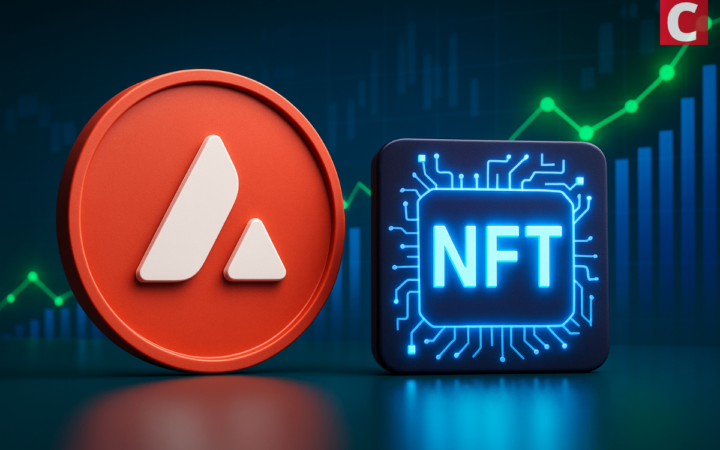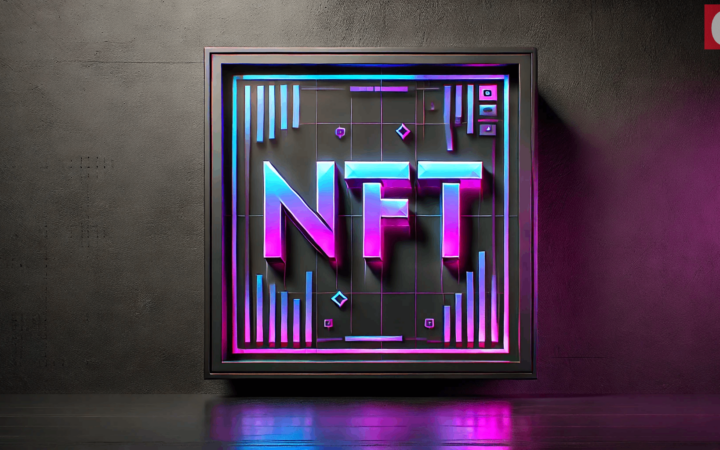
An experienced writer with practical experience in the fintech industry. When not writing, he spends his time reading, researching or teaching.
After the collapse of the ISIS caliphate in 2017, terror groups in the region lost their major funding source. Since then, the groups have been using online propaganda and campaigns to drive fundraising efforts.

The appearance of an NFT praising Islamic militants for an attack on a mosque in Afghanistan has raised concerns NFTs may become a tool for terrorism financing. Raphael Gluck, the co-founder of Jihadoscope, discovered the NFT through pro-ISIS social-media accounts.
The NFT creator published the digital collectable, IS-NEWS #01, on multiple NFT marketplaces with two other such collectables. Emerging reports suggest it is the first of its kind. However, former US intelligence officials believe it means terror groups are testing NFTs for further use in terrorism financing.
After the collapse of the ISIS caliphate in 2017, terror groups in the region lost their major funding source. Since then, the groups have been using online propaganda and campaigns to drive fundraising efforts. Also, the West has been proactive at shutting down these channels, partnering with social media platforms to take down posts inciting hate and violence.
Steven Stalinsky, executive director at the Middle East Media Research Institute, said:
“It is a fact that jihadi groups, led by ISIS and Al-Qaeda, have been using cryptocurrency for years.”
In August 2020, the DOJ tracked and seized about 150 crypto accounts laundering funds to the al-Qassam Brigades. Earlier in March, Israeli authorities also took 30 crypto wallets from 12 exchange accounts linked to Hamas.
With cryptocurrencies proving unreliable, trialing an alternative financing method was inevitable. “It was only a matter of time,” noted Yaya Fanusie, a former economic and counterterrorism analyst at the Central Intelligence Agency.
While IS-NEWS #01 was not available for sale, its existence on an immutable network makes it censorship-proof. The NFT is available on IPFS, a system that stores and retrieves data across several nodes. As a result, data on the IPFS is extremely difficult to eliminate.
“There’s not really anything anyone can do to take this NFT down,” said Mr Mario Cosby of TRM Labs.
Likewise, NFT market transactions can also be private and anonymous. Consequently, authorities cannot trace them as easily as cryptocurrencies. The only solace may be that NFTs cannot become viral like social media posts. However, it remains a significant cause of concern as it can still reach many people if the NFT blockchain details are shared.
Disclaimer: Coinspeaker is committed to providing unbiased and transparent reporting. This article aims to deliver accurate and timely information but should not be taken as financial or investment advice. Since market conditions can change rapidly, we encourage you to verify information on your own and consult with a professional before making any decisions based on this content.

An experienced writer with practical experience in the fintech industry. When not writing, he spends his time reading, researching or teaching.




